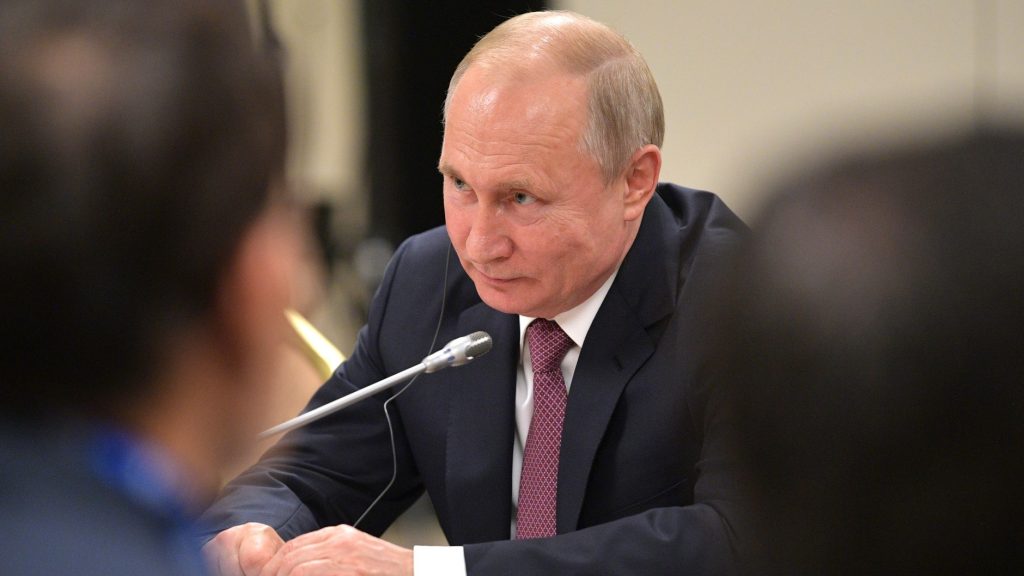Billions in Taxes Paid to Russia Amid Growing Sanctions
Others are reading now
Western companies have transferred approximately $16 billion in taxes to Russia since the war in Ukraine began, despite facing restrictions that prevent them from recovering profits from the country. According to Digi24, many multinational corporations remain active in Russia, indirectly supporting Moscow’s war effort.
Reports show that around 60% of global firms operating in Russia before the invasion in February 2022 are still doing business there. The majority of these companies come from Germany, the United States, and France, which together account for nearly half of all Western businesses still present in the country.
Excuses and Economic Realities
Western companies have justified their presence in Russia by citing humanitarian reasons, such as producing essential goods or maintaining jobs for local employees. However, analysts argue that Russia is largely self-sufficient in food production, and alternative employment opportunities are widely available.
Also read
In reality, the financial benefits for the Kremlin are staggering. In 2022 and 2023 alone, Western firms generated $370 billion in revenues in Russia—more than Moscow’s entire military budget during the same period. The corporate taxes paid by these firms have provided crucial funds for Russia’s military, with estimates suggesting the $16 billion contributed could fund thousands of missiles and drones used against Ukraine.
A Losing Bet for Western Firms
Despite these challenges, many companies have stayed in Russia with the hope of maintaining their market position for when the war ends and sanctions are lifted. However, this strategy has largely backfired. The Russian government has imposed severe restrictions, preventing firms from transferring profits abroad and even seizing assets.
In 2024, Russia nationalized the assets of companies like Danone and Carlsberg, stripping them of their investments. A decree issued in October further limited the value Western firms could recover upon exiting Russia to just 25% of their total assets.
As Moscow tightens its grip on foreign businesses, many companies find themselves managing assets that are no longer truly theirs. Analysts warn that with Russia’s economy facing increasing strain, stricter capital controls could soon be imposed, further reducing firms’ ability to recover their investments.
The persistence of Western firms in Russia continues to fuel the conflict, providing the Kremlin with both economic resources and propaganda victories, as it portrays their ongoing presence as proof of Russia’s indispensable market power.


